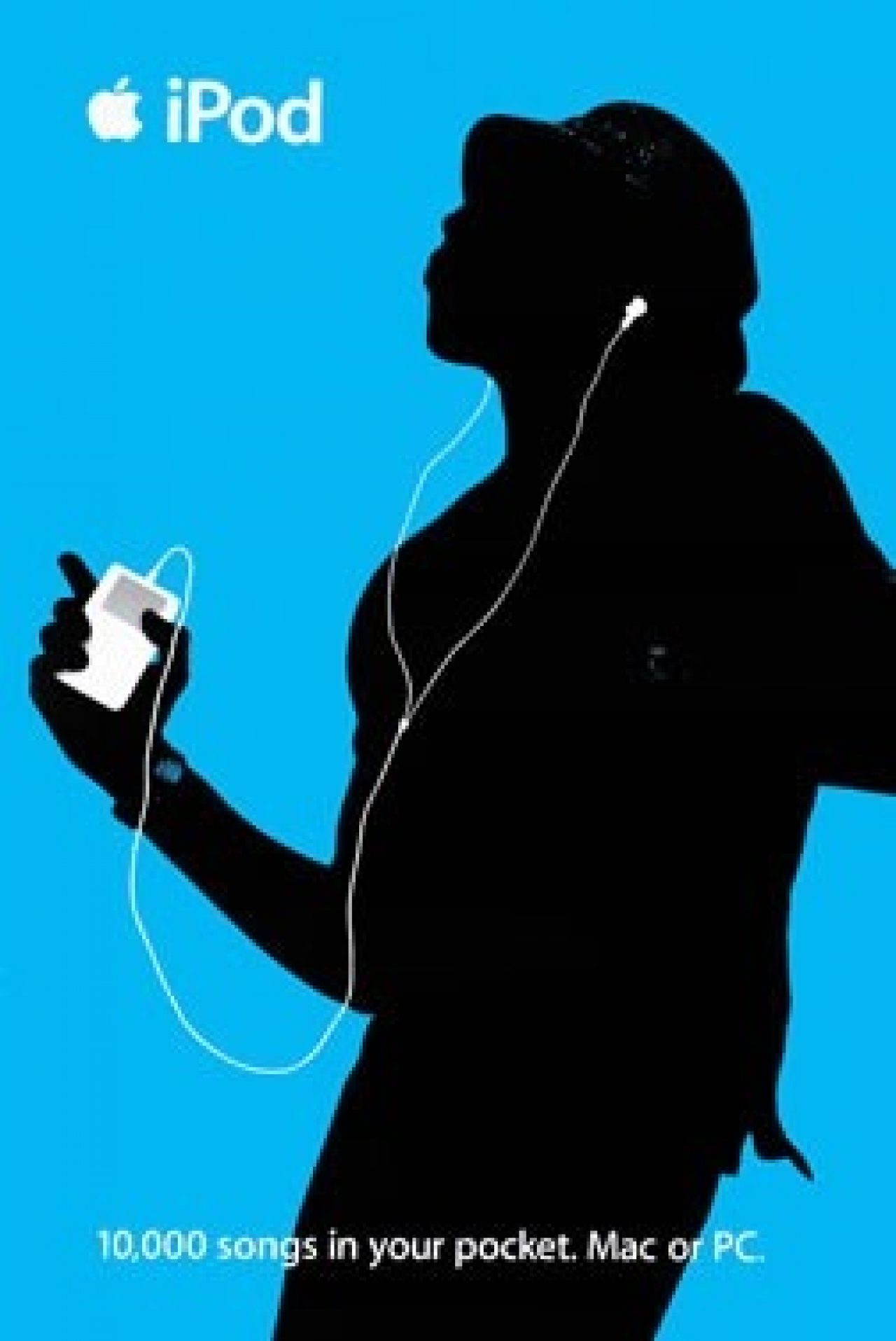Happy Birthday, iPod!...and Goodbye
As Apple quietly discontinues the iPod Classic, we celebrate iPod history and take a look at its huge influence on the music industry. Thanks, Apple!
Socrates once said, "The hottest love has the coldest end." This is what comes to mind when I think about the iPod Classic. Just last month, on September 9th, when Apple introduced the new iPhone 6 and iWatch, they also quietly announced that the iPod Classic would be removed from the online store. However, the Shuffle, Nano and Touch are still available for purchase -- though who knows how much longer they'll stick around.
Really, retiring the iPod Classic comes as no surprise since we all have watched (listened?) over the years as different music players became obsolete. Think about the turntable, 8-tracks, cassette decks, CD players--and now, even the iPod. The iPod is a device that helped put Apple and Steve Jobs back on the map, changing the music industry forever. So why not send the iPod Classic out with a bang, or at least a thank you? Today, on its 13th birthday, we celebrate iPod history and look back at what made it so special.
The very first iPod was released October 23, 2001. It wasn't the first MP3 player on the scene, and yet, it's the only player of that generation still around today. In the late 1990s and early 2000s, MP3 players could only hold limited amounts of music and were difficult to operate. At least, until the iPod came along.
The first iPod boasted 5 GB of storage. By today's standards, that doesn't seem like a whole lot. But in 2001, it was a big deal. I remember the first iPod commercial: it said you could have 1,000 songs in your pocket, and my mind was blown. I thought, "You can put 1,000 songs on this one device. Wow." I knew instantly that I wanted one, and I wasn't alone.
Besides having greater storage capabilities then its competitors, the iPod was smaller, lighter, and easier to use than any other MP3 player on the market. There was a downside: the iPod could only sync with Apple computers, disappointing Windows users. Another complication required users to "rip" CDs to their computer--you would put a music CD into your Mac's CD drive and copy the songs in order to transfer them onto your iPod, which was a bit of a tedious process.
However, it wasn't long before everything changed for the better. The iPod truly transformed the music world in 2003 when Apple introduced its online iTunes music store. Users could browse for individual tracks and whole albums, and purchase music which they downloaded directly to their computers: no CDs needed.
The 2003 iPod could be used on both Macs and PCs, and its storage capacity improved drastically, swelling to 40 GB. This was game-changing on many fronts. Users can rip their own CD collections to fill their iPods, as well as purchase just about any music they want online. Instead of having 1,000 songs in your pocket, you could have 10,000. The iconic image of a silhouette dancing with iPod in hand and headphones in (see below) will be forever stuck in my mind.
iTunes turned the music industry upside down. As iTunes sales grew, physical CD sales shrank. You used to have to buy a whole album to purchase just the couple of songs you liked. iTunes made it possible to preview and purchase individual songs rather than whole albums, and the concept has been a huge success. To date, iTunes has sold over 25 billion songs!
Since first launching the iPod, Apple has continued to streamline and improve their most popular product. Over the past 13 years, we have been introduced to the Mini, the Nano, the Shuffle and the Touch--all popular variations on the original iPod. Apple has sold approximately 350 million iPods, spanning different models and features. But the iPod Classic is my favorite. My iPod Classic, which is no longer sold, can hold up to 160 GB of music. That's 40,000 songs. No Apple device today offers that amount of storage.
Over the past several years, Apple's focus has shifted toward the smartphone and tablet market. Music-playing features on iPhones and iPads have, for some people anyway, rendered the iPod nearly obsolete. I, however, will continue to use my iPod classic until its famous click-wheel falls off. Considering the quality of the iPod, that won't be for a long, long time.

 Member Connect
Member Connect